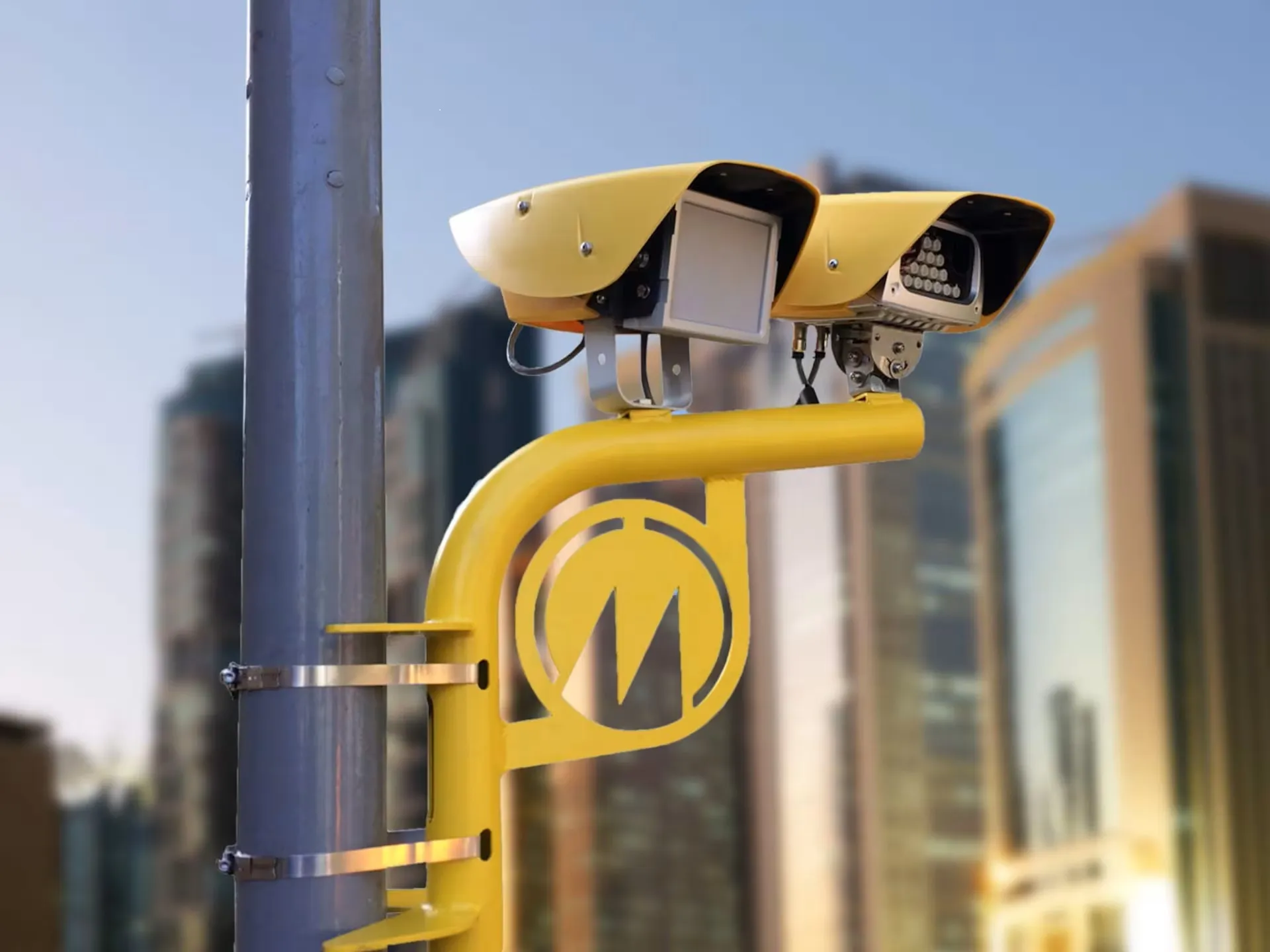The
Traditionally, technicians travel to each intersection and perform the update by putting the intersection in flash, a potentially hazardous scenario for technicians and motorists.
The new product is expected to allow operators to schedule groups of intersections to be remotely updated at a specific time without the need for a central traffic management system. At a designated time, the web-based solution will execute the update and controller safety checks will validate the software.
Mike Clance, Q-Free product manager for Intelight systems, says: “The potential cost savings for a mid-sized agency with 300 signalised intersections could be up to $30,000 per upgrade before considering equipment fees or travel time to and from each location.”
The solution is being launched following an agreement with the Georgia Department of Transportation to install 10,000 traffic controllers at signalised intersections by next year.
It is available for free to current and future operators of the Intelight Maxtime local controller software, which offers advanced tools and functionality for smart mobility and connected and autonomous vehicles.
Q-Free unveils device manager for traffic signal controllers
Q-Free has unveiled a product which it says could save agencies tens of thousands of dollars when they upgrade signalised intersections.
The Intelight Device Manager allows transportation agencies to remotely schedule firmware updates in bulk without putting an intersection into flashing red mode, the company says.
Traditionally, technicians travel to each intersection and perform the update by putting the intersection in flash, a potentially hazardous scenario for technicians and motorists.
The n
August 27, 2019
Read time: 2 mins










